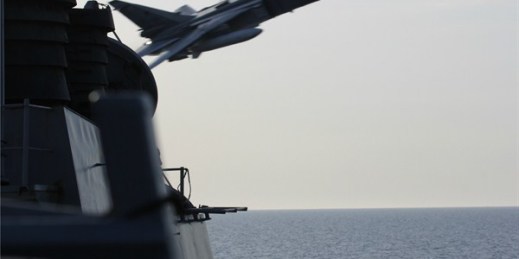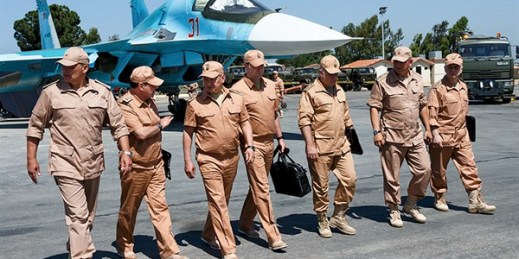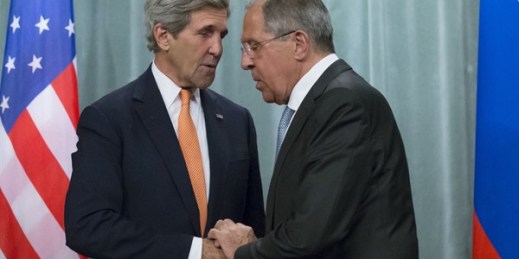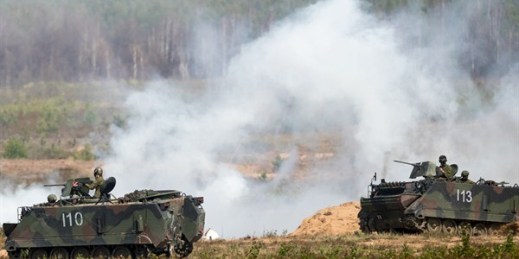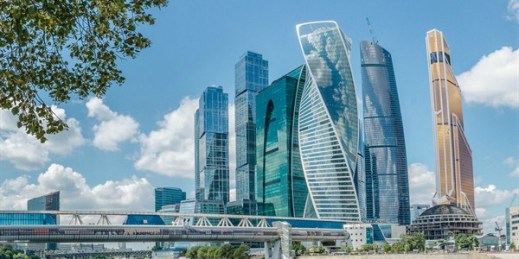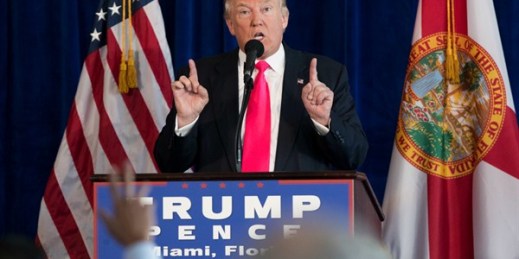
Republican presidential nominee Donald Trump shocked the U.S. foreign policy establishment last week when he told the New York Times that he might not come to the rescue of a Baltic state, all three of which are NATO members, if the Russians invaded. While Trump later explained that his hesitation stemmed from concerns over NATO members paying their dues, it is evident that when it comes to the Atlantic alliance, Trump’s misgivings go beyond dollars and cents. Trump’s most recent statements were consistent with other comments he has made regarding Russia, Russian President Vladimir Putin and NATO, the bloc created […]

